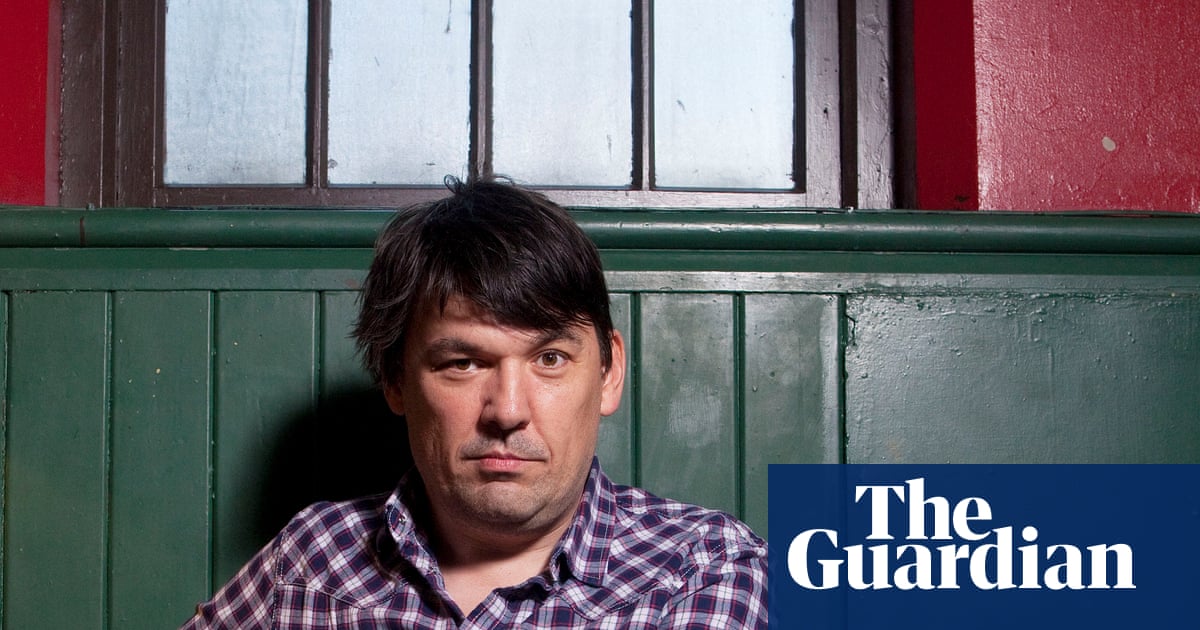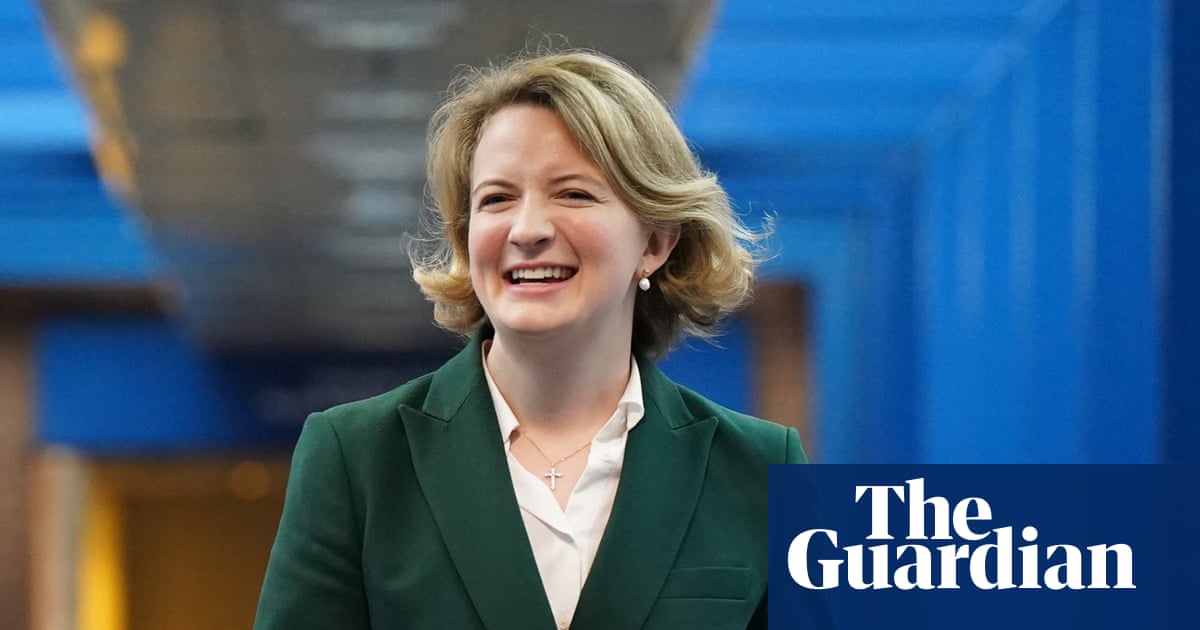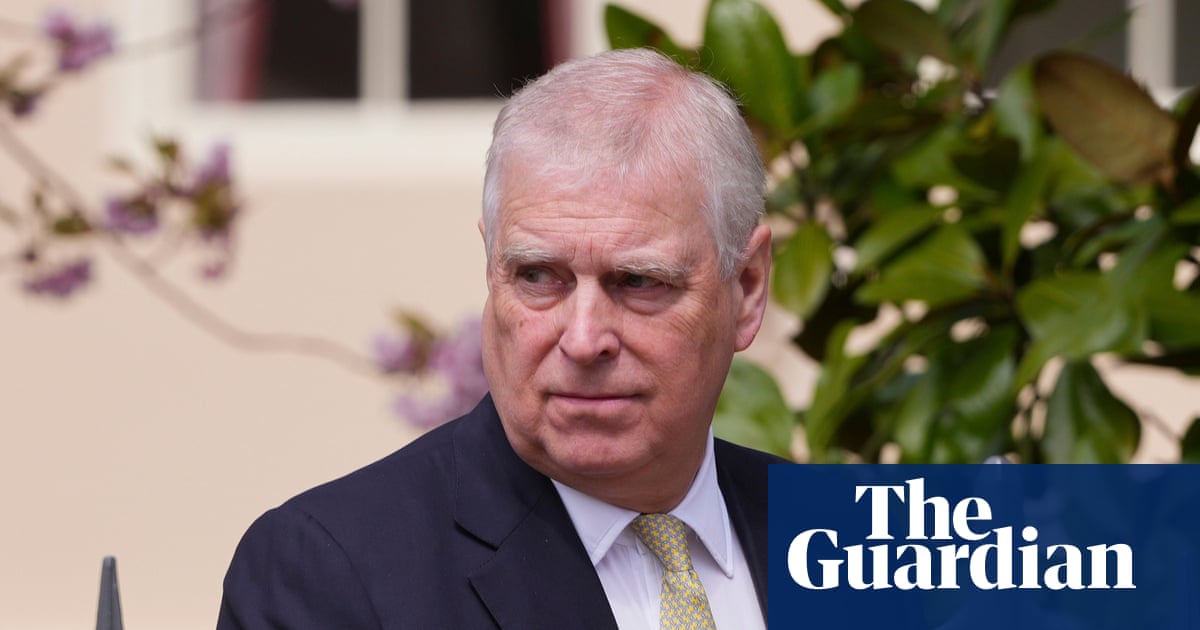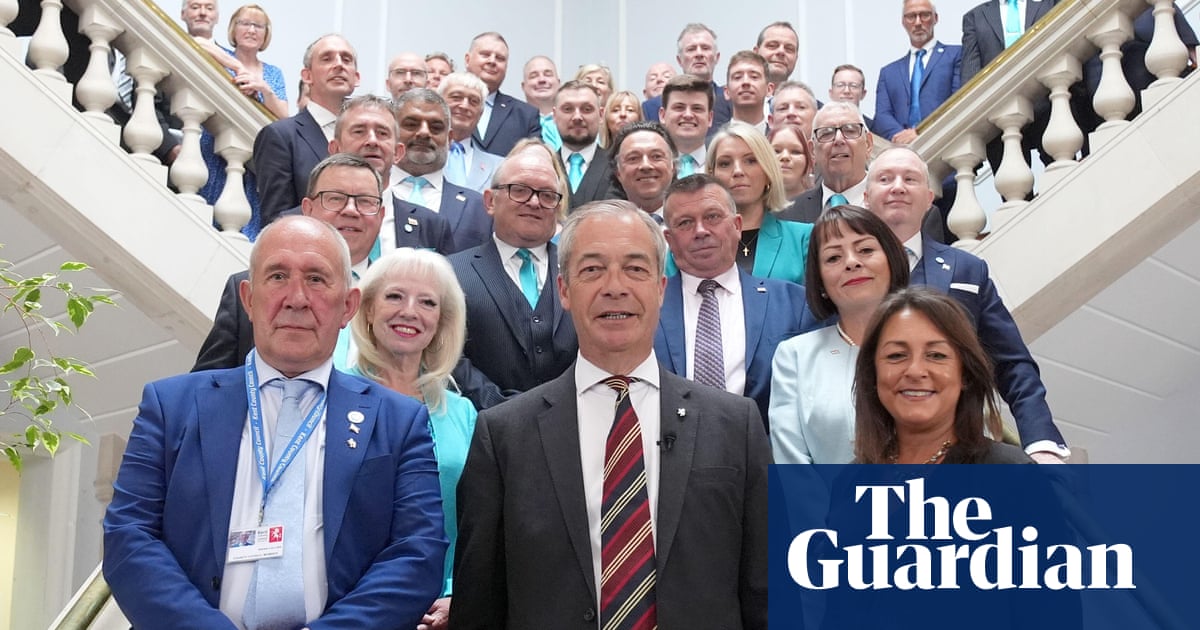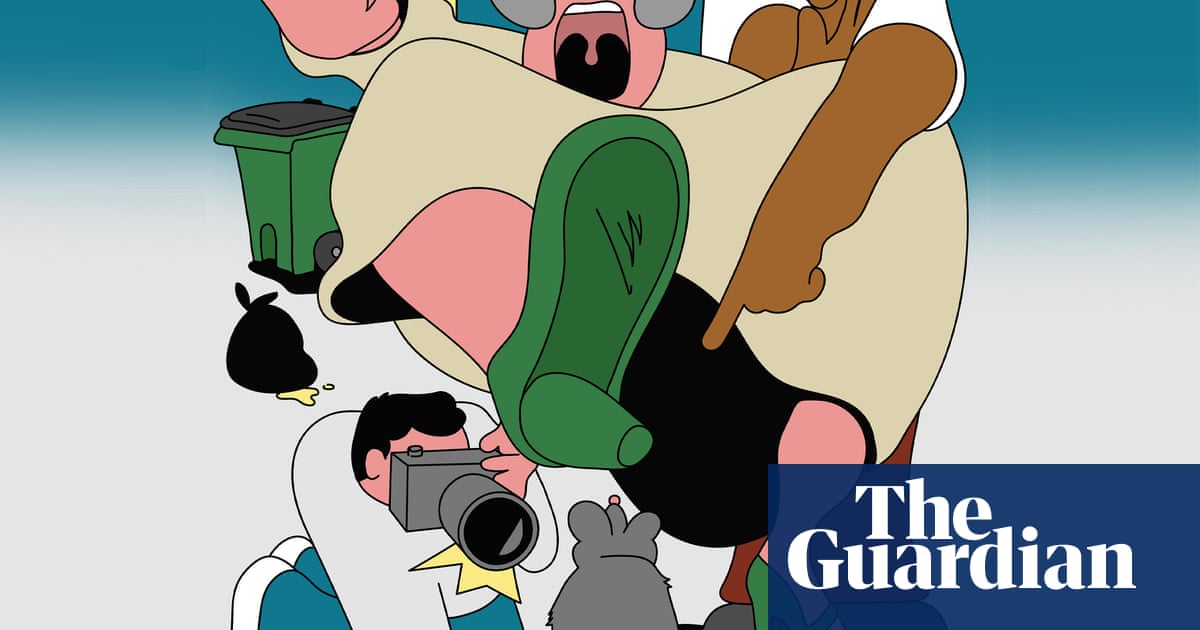Keir Starmer has said he wants to reduce child poverty by the end of the parliament, as the prime minister comes under mounting pressure to end the two-child benefit cap.
The prime minister told MPs on Monday it was his aim to cut the number of children living in poverty by the time of the next election, going further than the manifesto pledge his party made before last year’s election.
Starmer’s target will renew focus on ending the two-child limit on universal credit or child tax credit claims, which poverty campaigners say is the most efficient way to take children out of poverty but would cost an estimated £3.6bn a year.
Speaking to members of parliament’s liaison committee, the prime minister said: “We’ve set up a designated taskforce to look specifically to child poverty, to devise our strategy, and I have oversight of that, so that everybody can see it’s a No 10/prime minister priority in what we’re doing.”
Asked by Meg Hillier, the chair of the Treasury select committee, whether it was his aim to cut child poverty this parliament, he replied: “Yes. The last Labour government got child poverty down, and I want to get child poverty down.”
His comments go further than the 2024 party manifesto, which promised to “develop an ambitious strategy to reduce poverty”. But the government remains unclear on how it intends to meet the prime minister’s target, with the results of the child poverty taskforce expected later this year.
Starmer has previously said he wants to end the cap “when fiscal conditions allow” but ministers said this had been made harder recently by the government’s decision to abandon planned cuts to disability benefits in the face of a Labour rebellion.
Child poverty rates have been rising for most of the past decade, and nearly a third of children now live in poverty, according to campaign groups.
Ending the two-child cap, which was imposed by the Conservatives in 2017, would be a costly measure but one that experts say would have the most direct impact on poverty rates per pound spent. The Child Poverty Action Group says scrapping it would take 350,000 children out of poverty overnight – reducing the rate by seven percentage points.
Starmer came under heavy criticism during Monday’s hearing with the chairs of all 32 Commons select committees – even from his Labour colleagues – over the government’s record on poverty and living standards.
Debbie Abrahams, the chair of the work and pensions select committee, said she had been “ashamed” by the initial proposals in the government’s welfare bill, against which she helped lead the rebellion.
“This was poor legislation,” she said. “It was designed to save money for the Treasury by cutting support to sick and disabled people. It was so far removed from Labour values of fairness and social justice, let alone compassion and common decency. I have to say I felt ashamed.”
after newsletter promotion
Liam Byrne, the chair of the business select committee, said government policies were helping to make the poorest households worse off. “The bottom 40% of households, they’re not going to be better off in three years’ time,” he said. “They’re actually going to be £1,200 a year worse off.”
Byrne urged Starmer to commit to raising capital gains tax to give lower-paid people a tax cut – something the prime minister declined to rule out.
Starmer did however say he wanted to sign further deals with the EU after the government’s recent “reset”, specifically on cooperation over medicines and making it easier for touring musicians and other artists to travel around the continent.
“They’re not the only areas, but these are commonsense changes that we could make to our arrangements with the EU, which have, in my view, very little to do with the vote in 2016,” he said.
The prime minister also said that he had been “quite uncomfortable” about the Afghanistan superinjunction, which hid a major data breach and secret relocation scheme.
The prime minister called the scheme and the superinjunction a “shocking inheritance” from the previous government, even though his ministers extended the legal tool twice and lifted it only after a year in power.

.png) 2 months ago
38
2 months ago
38









